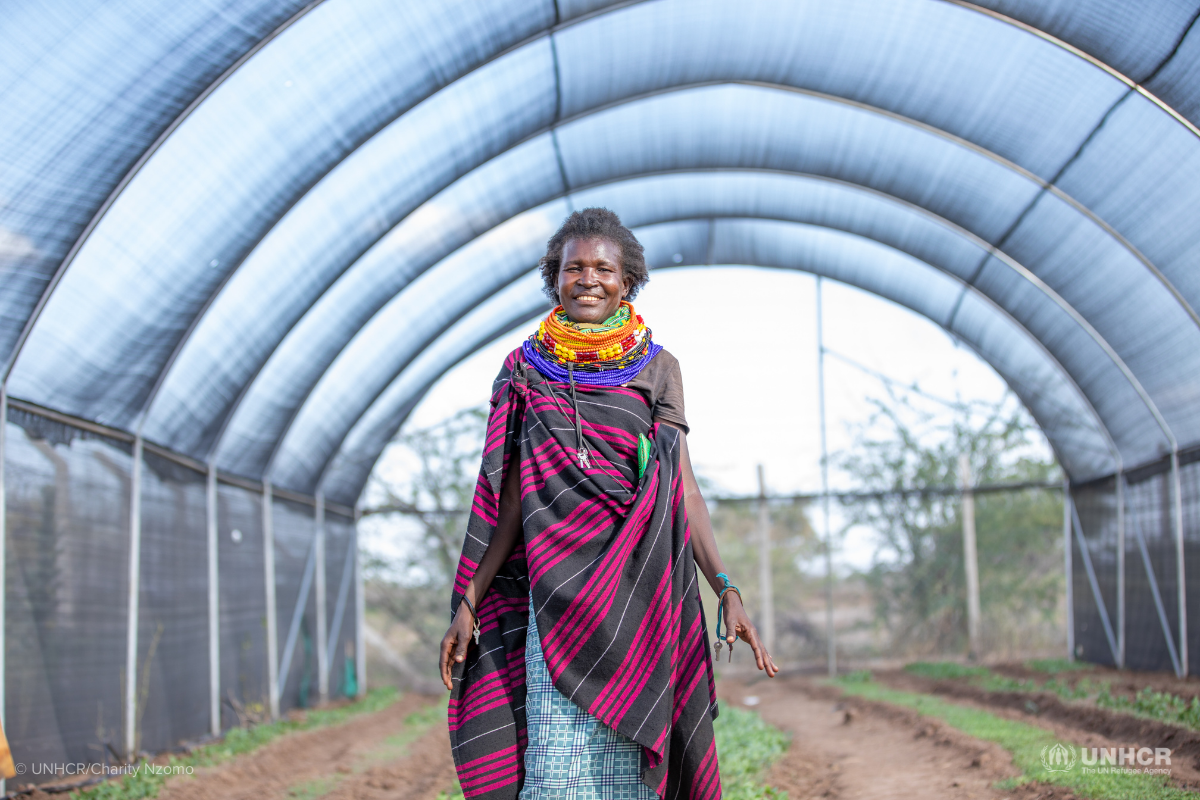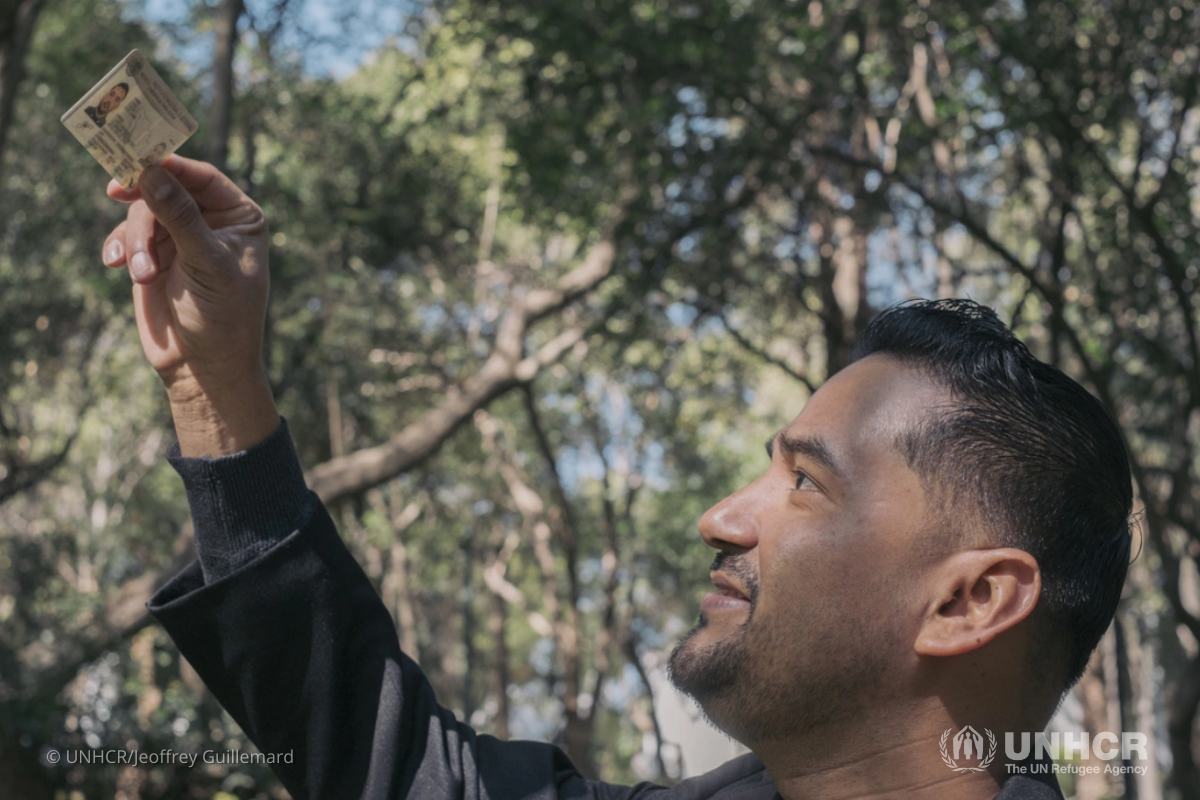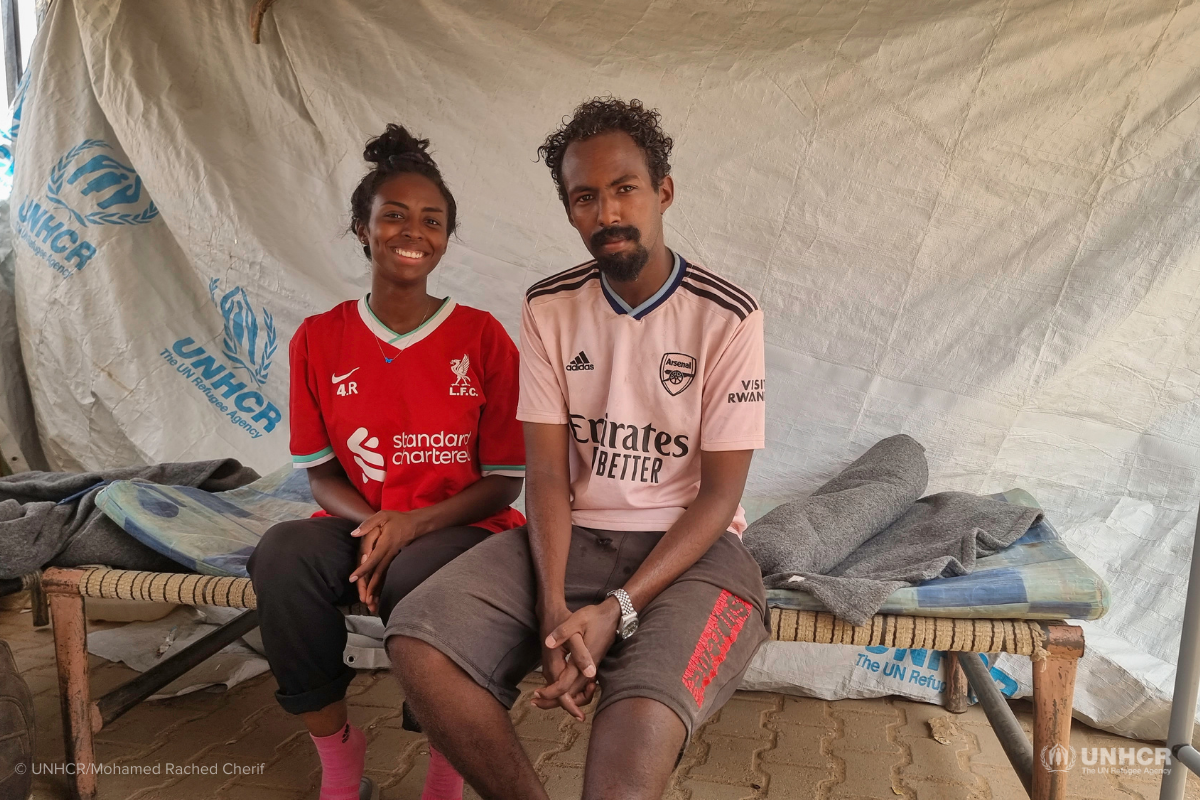Oscar's 2023: Refugee Films to Watch this Awards Season
This awards season, refugees are being represented on and off screen in a big way. From directing and acting to having their stories depicted in the media—refugees’ myriad experiences fleeing war and persecution are being highlighted for all to see. Check out these refugee-related movies and learn more about the refugees gracing the stage and screen this awards season.
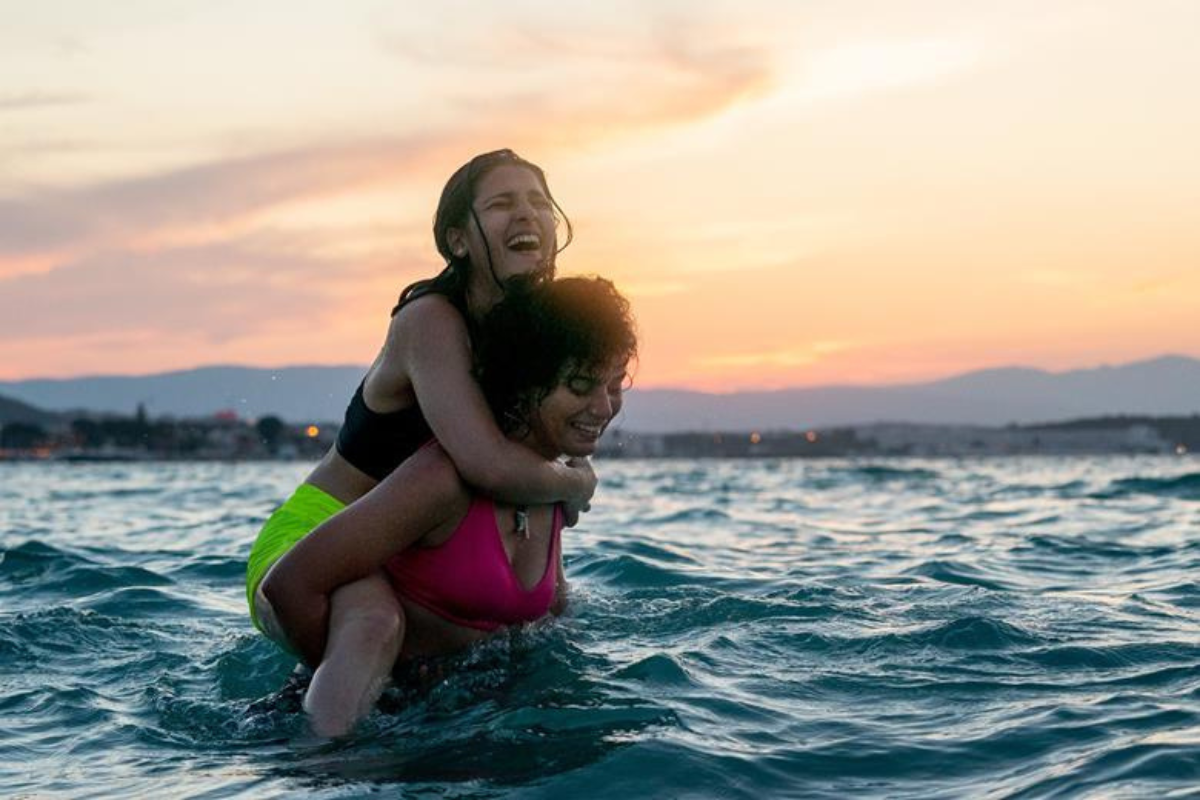
1. The Swimmers
The Swimmers, nominated for the BAFTA Award for Outstanding British Film, is highlighting the plight of Syrian refugees. The film is based on the true story of Yusra Mardini and her sister Sara Mardini, talented swimmers from Syria with big dreams of making it to the Olympics. Their hopes and dreams for the future are disrupted as the war ramps up and a bomb at their swim meet convinces the family it’s time to leave.
The sisters’ decision to flee Syria takes them on a dangerous journey away from their family across different countries. The hardships they face along the way highlight the scale of the humanitarian crisis and the dangers refugees face while fleeing. Yusra and her sister are abused by smugglers, forced to sleep in cramped living quarters and in the movie’s most captivating and harrowing moment—risk their lives swimming alongside a sinking dinghy to help fellow refugees reach safety.
Their journey doesn’t end there as they continue to face challenges before they can ultimately be resettled in Germany with their family. Despite the difficulties they face along the way, the sisters refuse to be held back by their refugee status. Yusra goes on to represent refugees at the 2016 Olympics in Rio de Janeiro, proving that no matter their backgrounds, refugees are capable of anything.
On screen the story ends there for Yusra, but in real life she continues to advocate for refugees everywhere. Yusra was appointed a UNHCR Goodwill Ambassador in 2017 and continues to use her voice to champion refugees.
Watch The Swimmers here.
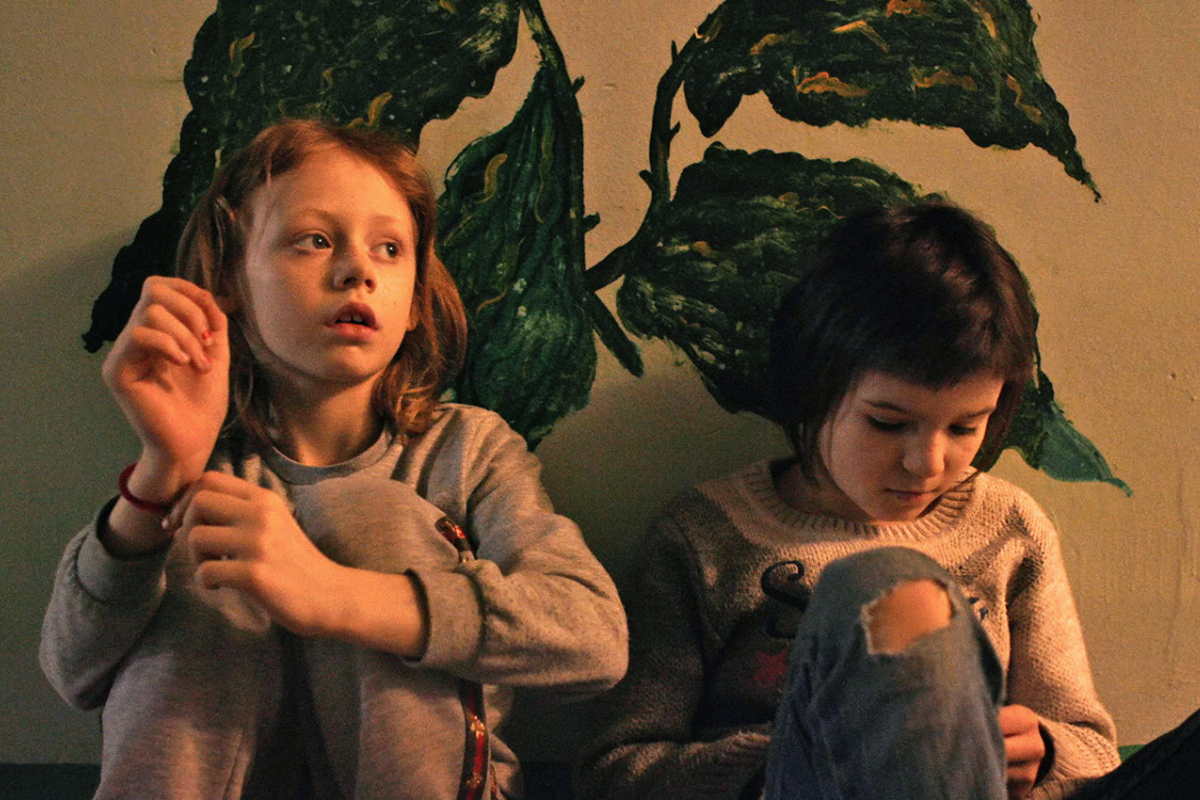
2. A House Made of Splinters
The war in Ukraine has completely uprooted the lives of millions of Ukrainian families forced to flee within the country and across borders. Ninety percent of all those fleeing the war are women and children. The impact of the war on children has been particularly devastating—powerfully showcased in A House Made of Splinters, an Oscar-nominated documentary featuring Ukrainian children and staff from a residential center in Eastern Ukraine.
Although the documentary was shot before the full-scale invasion of Ukraine in February 2022, the children living near the frontline were already caught in a vicious cycle of violence, war and poverty long before the conflict erupted. Abandoned or neglected by their parents, they live at a residential center where they can temporarily stay for nine months. The lucky ones end up returning home or finding a foster family, the unlucky ones are transferred to a state orphanage.
Despite the bleak backdrop of this documentary, there are several moments of tenderness and hope sprinkled throughout. The children are keenly aware of the situation they’re in but nurtured by the caretakers at the center to remain children. The documentary captures some intimate moments of childhood bliss: two girls deciding to be best friends, children telling scary stories, or performing dance routines and doing cartwheels in hallways.
One year into the war in Ukraine, the situation for children at the residential center has drastically changed. Since the movie was shot, the war has forced children and staff to relocate from the frontline. The children’s futures, along with countless others who have been forced to flee, hangs in the balance once more.
Watch A House Made of Splinters here.
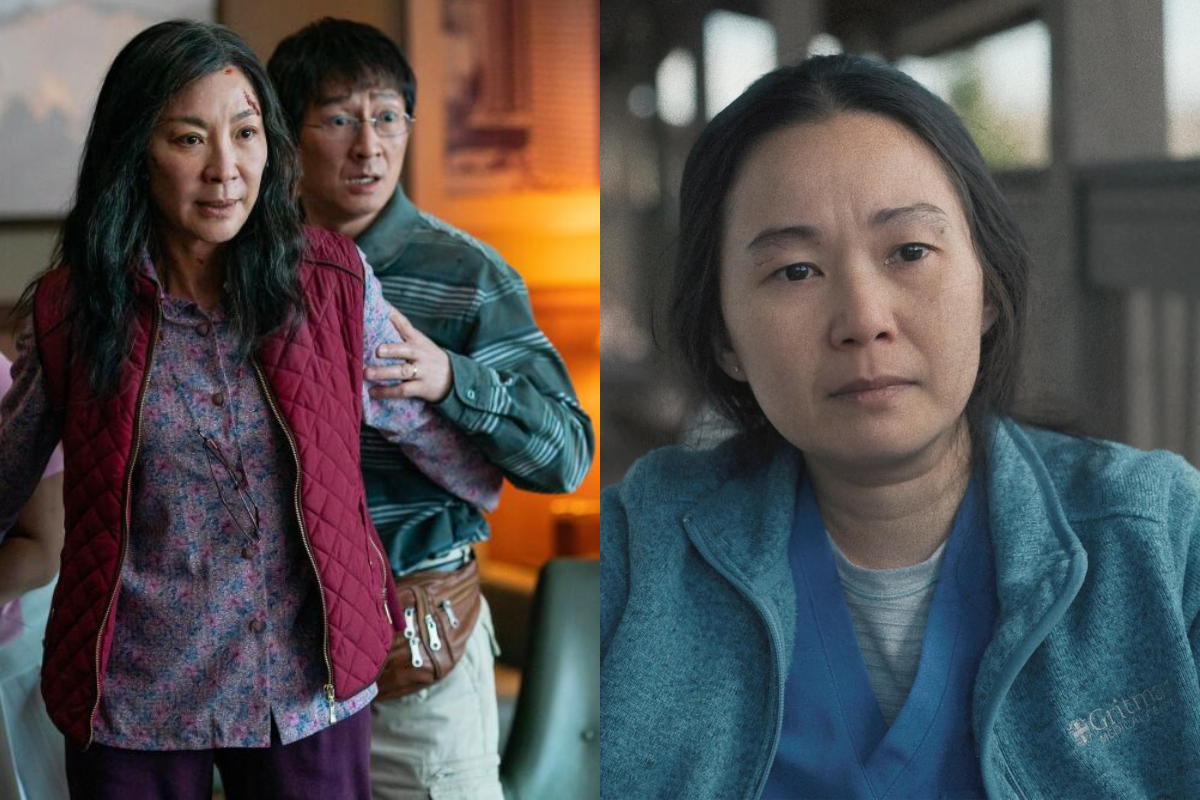
3. Everything, Everywhere, All at Once & The Whale
Everything, Everywhere, All at Once has stolen the spotlight this awards season—nominated for a historic 11 Oscars, 10 BAFTA Awards and already taking home major awards including 4 Screen Actors Guild (SAG) Awards. This seemingly larger than life multiverse adventure is chock full of martial arts and elaborate costumes, but at its core is a simple story about an immigrant family struggling to understand each other.
Michelle Yeoh plays Evelyn, the matriarch at the head of this family and Ke Huy Quan plays Waymond, her ever loving and doting husband. Ke is most well known for his iconic roles in Indiana Jones and The Goonies from the ’80s. But what many may not know is that before Ke rose to fame as a child actor, he spent his early childhood in Saigon. His life completely changed at the age of eight when his family was forced to flee Vietnam. They ended up in a refugee camp in Hong Kong before resettling in the U.S.
Ke’s humble beginning resembles that of Hong Chau, another actress in the spotlight this awards season for her portrayal of Liz in The Whale, a moving story about redemption and forgiveness. Her family fled Vietnam on a boat and arrived at a refugee camp in Thailand where Hong was born. They later resettled in the U.S. and her parents took on menial jobs to make ends meet.
Ke Huy Quan and Hong Chau’s success this awards season are not in spite of but because of the many obstacles they faced to arrive at this point. From navigating displacement and generational trauma to fighting for a place at the Hollywood table, they’re proving that resettled refugees and immigrants are beating the odds.
Watch Ke Huy Quan in Everything, Everywhere, All at Once here.
Watch Hong Chau in The Whale here.
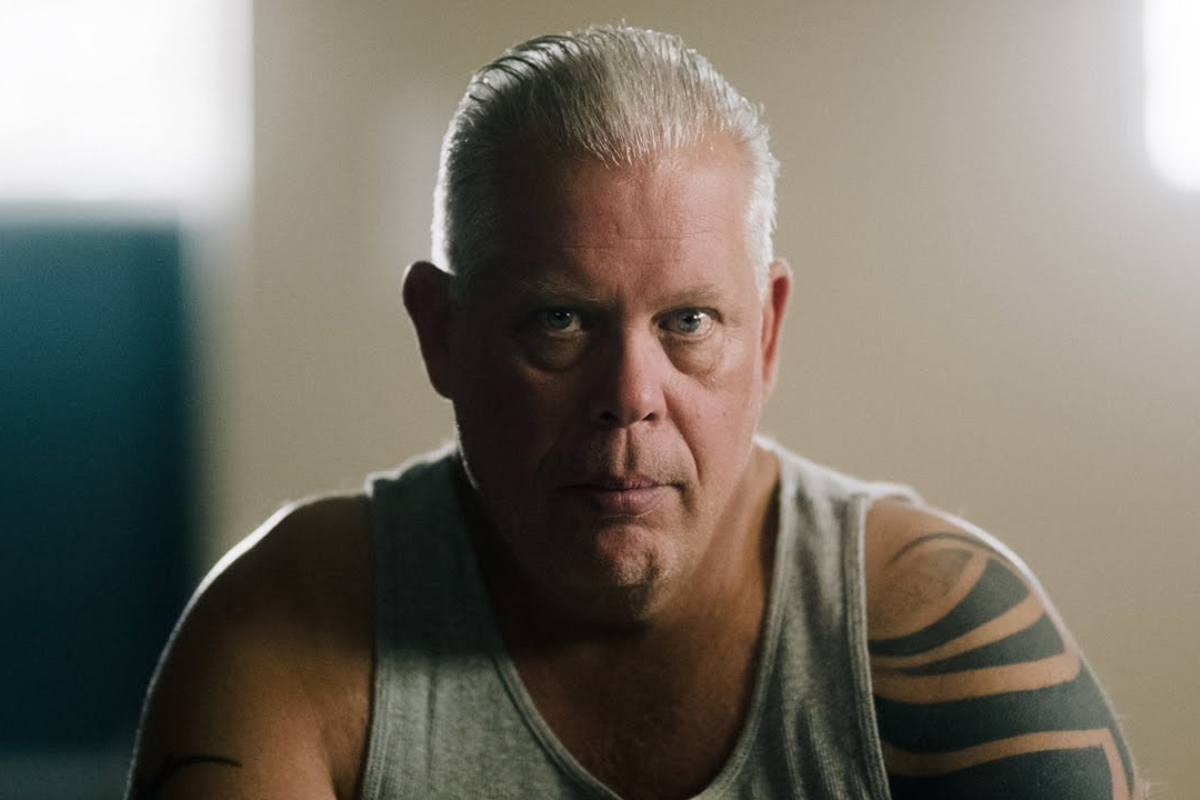
4. Stranger at the Gate
“05:32 verse in the Quran: To kill one human being is as if you’ve killed all of humanity. But to save one human being is as if you’ve saved all of humanity.” Richard "Mac" McKinney, a retired U.S. Marine, recites this verse at the end of Stranger at the Gate—an Oscar-nominated documentary short that recounts his transformative journey of redemption from a would-be terrorist to a beloved community member.
The documentary opens with Richard’s daughter, Emily, reflecting on memories of her father and the loving relationship they share. After 25 years of service, however, Richard returns home a completely changed man. Driven by blind hatred and resentment for Muslims, he plots to bomb the local mosque in his hometown of Muncie, Indiana with the hope of claiming at least 200 lives.
At the heart of this story of redemption are Bibi and Saber Bahrami, Afghan refugees who fled Afghanistan in the 1980s. Described as “mountain movers” by their son, they lived in a refugee camp for six years before resettling to the U.S. where they found safety and community in establishing the Islamic Center of Muncie with other Muslim refugees.
The love and care that Bibi and Saber extend to Richard and the community’s welcoming spirit is what ultimately changes Richard’s heart and helps him to heal from decades of trauma. Stranger at the Gate is a stark reminder of the dangers that many refugees face after resettling in a new country and a look into the shared humanity that exists between us all.
Watch Stranger at the Gate here.
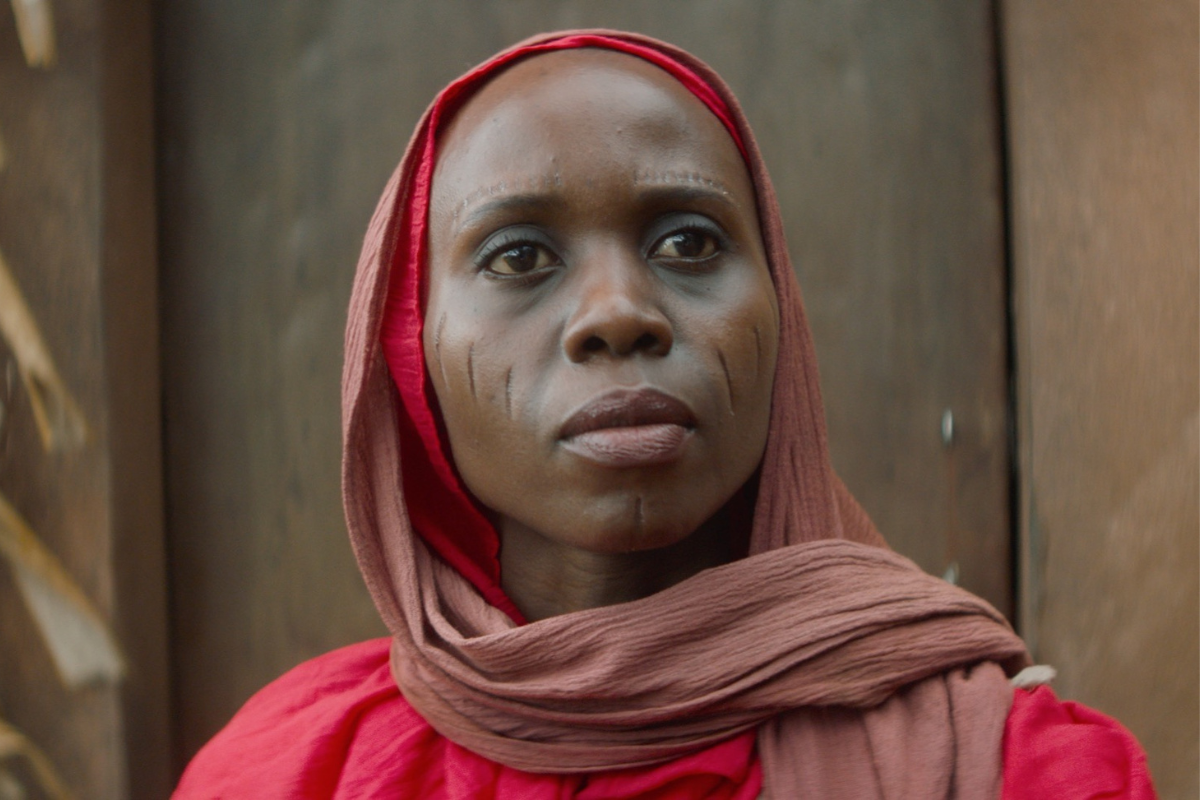
5. Bazigaga
Jo Ingabire Moys, director of Bazigaga—nominated for the BAFTA Award for Best British Short Film, was just 5-years-old when she witnessed the brutal murder of her family during the Rwandan Genocide. Thirty years later, she has turned her trauma into a powerful and heroic story of survival.
Bazigaga takes place during the height of the Rwandan Genocide at a time when the country is divided by deep ethnic tensions. Hundreds of thousands of Tutsi families were hunted by Hutu extremists, sometimes murdered by their own neighbors. The genocide claimed at least 800,000 lives and forced more than two million people to flee across the Great Lakes region of Africa.
The film follows Karembe, a Tutsi pastor and his young daughter who are forced to flee for their lives and seek refuge in the hut of a Hutu shaman named Bazigaga. Bazigaga, who before the genocide was shunned by Karembe and her community for being a ‘witch’, is now feared by the Hutu militia because of her perceived supernatural powers. She uses this fear to protect Karembe and his daughter from harm. Bazigaga’s character is inspired by a real Hutu woman named Zura Karuhimbi who saved more than 100 people during the genocide.
For Jo, making the short film wasn’t just another way for her to process the trauma she experienced from her early memories of the genocide—it was also a way for her to pay homage to the countless Rwandans who saved each other. “I hope that people understand that Rwandans also saved Rwandans. And women did an incredible thing. When you see African women in Western cinema, they’re not treated with much dignity. I want people to understand that Africa has a lot of heroes worth celebrating.”
Watch the trailer for Bazigaga here.
How you can help…
Interested in more refugee-related content? Join USA for UNHCR’s Culture Collective to stay up to date on the latest featured films, books and other cultural content and receive invitations to events, activities and other ways to get involved.
